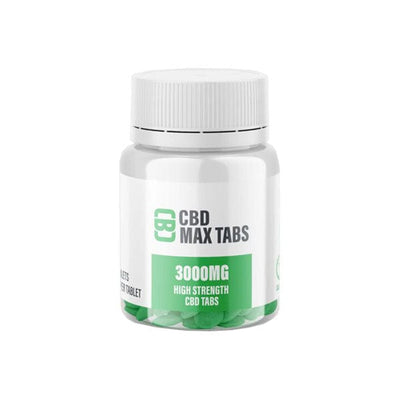What is the difference between Broad & Full Spectrum CBD products?
What is the difference between Broad & Full Spectrum?
- Full-spectrum CBD: Full-spectrum CBD in short contains all the components of the cannabis plant.
This means that full spectrum products can have trace amounts of THC within the contents. Legal Full Spectrum products will always have less than 0.2% THC in the UK.
- Broad-spectrum CBD: This type of CBD in short does not contain the THC compound that can be found in Full Spectrum products.
Broad Spectrum tends to contain other components of the cannabis plant however, so it isn’t 100-percent CBD on its own. Consider it the middle child of the three CBD choices with isolate being the third and least loved in most cases.
What Spectrum CBD is right for your body?
If all you’re looking for is a quick overall health kick assisted by CBD, but you don’t want to experience any of the effects of the THC compound then Broad Spectrum is probably going to be your best bet.
If you don’t mind having THC included and want to potentially absorb even more benefits out of your CBD products, then Full Spectrum is probably going to be the route you want to take.
Pros & Cons of Full Spectrum
Pros
- Offers the full range of compounds that are found in the Cannabis plant resulting in a powerful “Entourage Effect”.
- Undergoes fewer extraction processes so tend to result in purer products.
Cons
- May have sedative effects if THC content is relatively high.
- May show up on certain drug tests depending on THC content.
- Sometimes Full Spectrum products can have quite strong natural flavours.
Best For:
- Anyone who has been medically recommended a certain THC:CBD percentage product.
- Anyone who might consider their condition more severe or conditions that maybe CBD Isolate or Broad Spectrum has already tried to alleviate.
- Anyone looking for the entire benefits of the ‘entourage effect’ that can only be provided from Full Spectrum CBD products.
Pros & Cons of Broad Spectrum
Pros
- No risk of feeling any un-wanted side effects due to no psychoactive ingredients.
- Can still offer “entourage effects” even without the THC content.
Cons
- Less studies/research has been done on this type of CBD.
- Can still have strong odors or natural flavours.
Best For:
- Anyone with conditions that CBD isolate alone can’t help.
- Anyone who might have high sensitivity to the THC compound.
- Anyone living in the UK that has strict drug testing employers.
- First-time users that are hesitant about trying CBD products for the first time and want to make sure they are getting 0% THC.
Closing Thoughts on Broad & Full Spectrum CBD
Finally, It is always worth remembering that neither type is any better than the other.
There are so many different factors to bear in mind that can determine how cannabinoids will affect your body, even down to your individual genetic makeup and DNA, your height & weight, even your history and sensitivity to other substances you may of taken in the past.
All in all, the effects from using truly full-spectrum CBD products tend to give the best results, for the widest variety of CBD users from first time to experienced users. For certain users, a Broad Spectrum CBD product may be more suitable as these products deliver many of the benefits of the raw Cannabis plant but without any effects from THC compound found in Full Spectrum products.
Studies & research are still in their infancy into the actual effectiveness of each individual spectrum type, so it may take some trial and error/experimenting to find which spectrum is going to be best suited to your body and requirements.
With numerous health benefits already being found in existing early studies that can be found online from a quick Google search, cannabinoid compounds such as CBD are looking like they are going to have the potential to impact the lives of countless people around the globe and that can only be a good thing, right?






Leave a comment